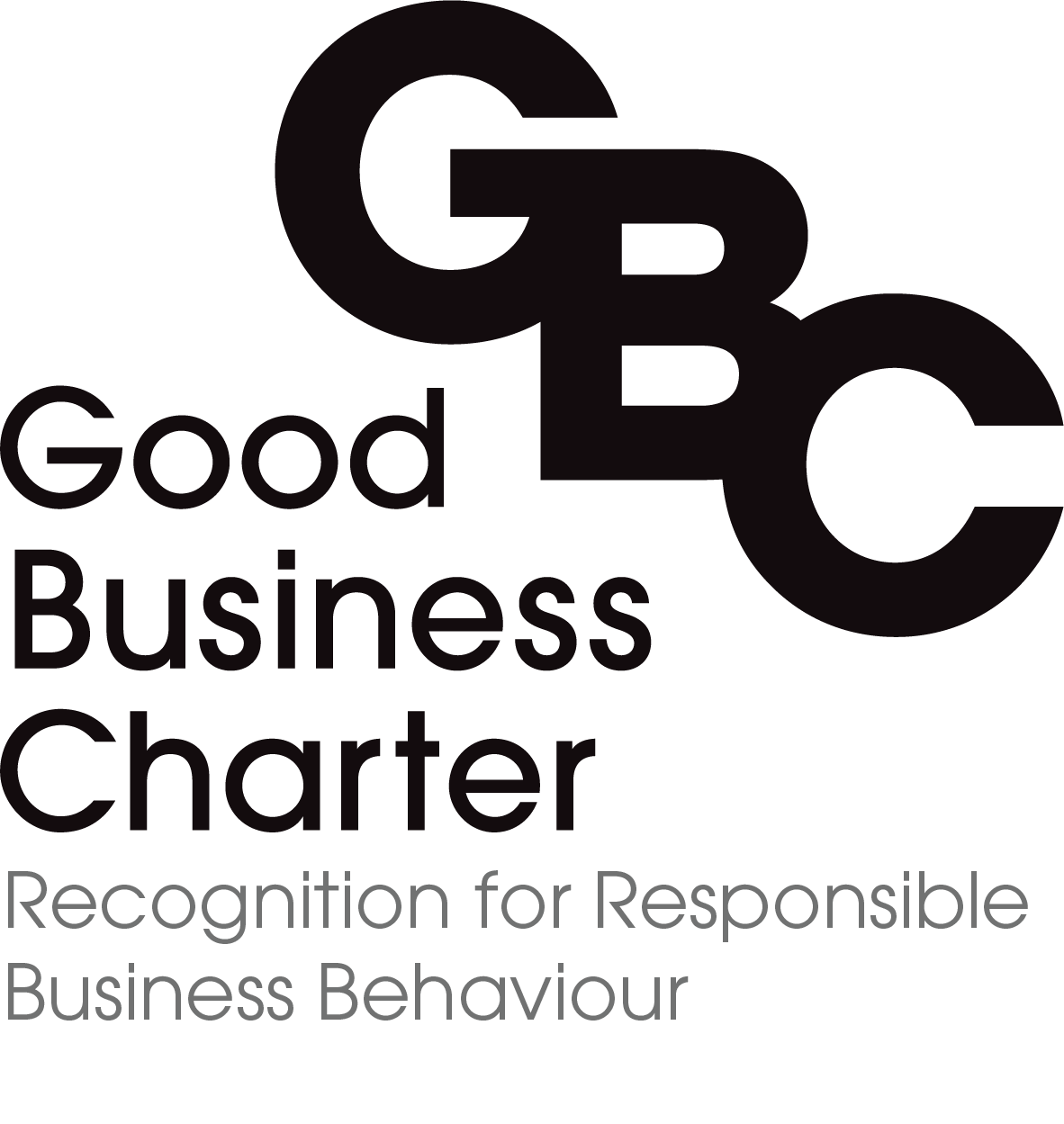The essential guide to creating a culturally-considerate year-end celebrations
During these and every other winter holiday, one thing is for sure, Christmas! – A traditionally Christian celebration – has a lot of share of mind. For many, December is a time of joy and happiness, celebrating love, togetherness and time spent with loved ones with various religious celebrations. But, for others, it is merely the end of the year, a celebration of another year completed. The Tanenbaum Institute for Interreligious Understanding calls it the ‘December Dilemma’ because it can be a dilemma to make sure that those organising year-end events are inclusive of everyone.
People with good intentions can potentially find themselves in the middle of toxic misunderstandings; why celebrate some holy days and not others? Why even celebrate anything at all? Should year-end events even have any religious undertones? Workforces are growing increasingly diverse. The challenge is that even if a small minority of employees feel excluded, the negative impact can be felt throughout the business. It leads to a lack of engagement and, subsequently, productivity.
Workforces are growing increasingly diverse. The challenge is that even if a small minority of employees feel excluded, the negative impact can be felt throughout the business. It leads to a lack of engagement and, subsequently, productivity.
There are a few simple steps that can help any business navigate Christmas and the December Dilemma
1. Be aware
Be aware of the intention of the year-end functions and think carefully about what the intent is; if it’s a staff celebration, attempt to keep it that way, and it’s likely to become more inclusive of all staff immediately.
Key takeout: The period from October to February carries no less than 20 other significant celebrations, so be aware of what prioritising one over the others will do to some groups in your organisation if what you are trying to promote is a healthy inclusive culture.
2. Be sensitive
So often, we hear “bring your whole self to the office”, yet undermining their beliefs forces them to hide an essential part of what defines them as a person.
Key takeout: Avoid the tensions and misunderstandings by providing staff with a platform to share their thoughts; involve them in the planning process and listen to what they have to share.
3. Create a more inclusive year-end celebration
There are, however, some other steps you should consider:
- Create a diverse planning committee – involve people with varying beliefs when preparing for any year-end events. Even then, remember that not all people of the same faith choose to celebrate in the same way.
- Check the dates – have an interfaith calendar on hand to avoid scheduling your event on any of the other holy days that might fall in November and December.
- Make it voluntary – compulsory events are out. If you had not realised it already, those that feel uncomfortable will often not attend the event anyway. Making it mandatory makes it uncomfortable for those who do not want to attend and are forced to play truant and feign some other event to get out of it. For some employees, holiday celebrations are a reminder of who or what they are missing and may not be appropriate to force attendance if they are grieving, depressed or otherwise dissatisfied, so don’t force it.
- Provide food options – Not only for religious reasons, but some employees have very specific catering requirements. Be considerate because having employees who don’t feel welcome to be there and are not catered for is worse than having no year-end celebration at all.
- Choose the venue and décor carefully – because of the time of the year, it’s easy to fall into the trap of filling the venue with religious symbolism and declaring everyone partakes in a gift exchange. The reality is that this may be uncomfortable for several reasons, culturally and financially, so don’t force it.
- Consider other options – in place of a company or team-wide get-together, have the planning committee consider what other options employees might value instead of an event. Perhaps it is additional time off to do Christmas shopping or to attend school nativity plays?
- Encourage feedback and listen – this is possibly the most important part of the planning process, so it is worthy of a restatement. Provide platforms for employees to speak up, listen to what they have to say, and consider their feedback. Provide them with a platform to provide honest feedback that won’t castigate them if they give brutally honest feedback. One way to make sure employees feel invisible is to not offer them a voice.
Start by listening
Whatever your decision around Christmas or year-end celebrations is, remember that diverse workforces bring different and more collaborative perspectives, but this requires a new approach to managing them. So now is the opportunity to embrace the diversity and show that you care enough to celebrate all employees.




